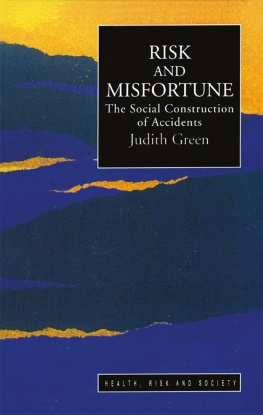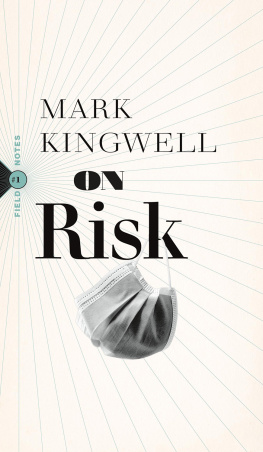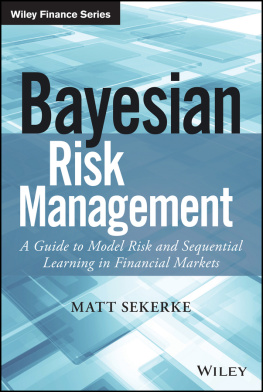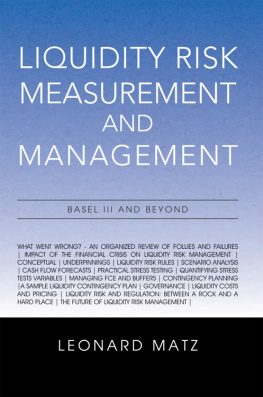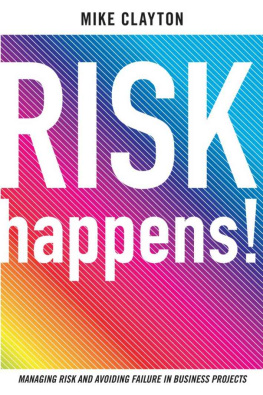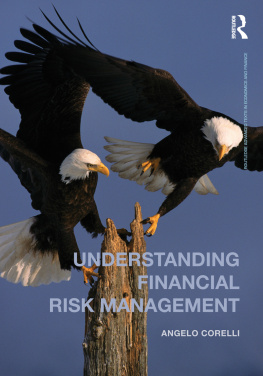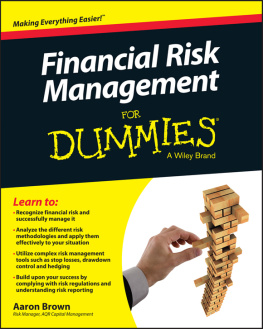John Tulloch and Deborah Lupton 2003
First published 2003
All rights reserved. No part of this publication may be reproduced, stored in a retrieval system, transmitted or utilized in any form or by any means, electronic, mechanical, photocopying, recording or otherwise, without permission in writing from the Publishers.
| SAGE Publications Ltd
6 Bonhill Street
London EC2A 4PU |
SAGE Publications Inc
2455 Teller Road
Thousand Oaks, California 91320 |
SAGE Publications India Pvt Ltd
B-42, Panchsheel Enclave
Post Box 4109
New Delhi 110 017 |
British library Cataloguing in Publication data
A catalogue record for this book is
available from the British library
ISBN 0 7619 4758 2
0 7619 4759 0
Library of Congress control number available
Typeset by C&M Digital (P) Ltd., Chennai, India
Printed in India at Gopsons Papers Ltd, Noida
Acknowledgments
Special thanks are due to Dr Helen Lawton Smith who managed the British side of the research project, and in particular organized the programme of high tech interviews via her own list of professional contacts.
The study upon which this book is based was funded by the Australian Research Council.
Parts from the following papers appear in the book in revised or expanded forms:
Tulloch, J. and Lupton, D. (2001) Border crossings: narratives of movement, home and risk, Sociological Research Online, 5(4): www.socresonline.org.uk/5/4/lupton.html
Tulloch, J. and Lupton, D. (2001) Risk, the mass media and personal biography: re-visiting Becks knowledge, media and information society, European Journal of Cultural Studies, 4(1): 528.
Lupton, D. and Tulloch, J. (2002) Risk is a part of your life: risk epistemologies among a group of Australians, Sociology, 36(2): 31734.
Lupton, D. and Tulloch, J. (2002) Life would be pretty dull without risk: voluntary risk-taking and its pleasures, Health, Risk and Society, 4(2): 11324.
Tulloch, J. and Lupton, D. (2002) Consuming risk, consuming science: the case of GM foods, Journal of Consumer Culture 2(3): 36384.
1
Introduction: Researching Risk and Everyday Life
In modern western societies, the concept of risk pervades everyday life. Over the course of the twentieth century and into the early years of the twenty-first, there has been an intensification of discourses emerging from fields of expertise such as science, medicine, law, the social sciences and economics on the nature of risk and its effects upon ordinary peoples lives. Various specialized fields such as risk management and risk assessment have developed in an attempt to measure and regulate risk. The news media, for their part, have taken up the warnings of experts about risks and communicated them to their mass publics. They have also reported disputes among these experts that concern risks: how serious they are; who should be blamed for them; what the most appropriate course of action might be.
In this climate of heightened awareness and publicity about risk, how do people respond to, experience and think about risk as part of their everyday lives? In this book we seek to address this question, taking a sociocultural approach to exploring the meanings and significance of risk for non-experts or lay people. This approach acknowledges that understandings about risk, and therefore the ways in which risk is dealt with and experienced in everyday life, are inevitably developed via membership of cultures and subcultures as well as through personal experience. Risk knowledges, therefore, are historical and local. What might be perceived to be risky in one era at a certain locale may no longer be viewed so in a later era, or in a different place. As a result, risk knowledges are constantly contested and are subject to disputes and debates over their nature, their control and whom is to blame for their creation.
The notion of risk and its relationship to and role in contemporary western societies has been the subject of several important writings published in the social sciences in recent years. In sociology the ideas of Ulrich Beck, beginning with the English translation of his book Risk Society: Towards a New Modernity in 1992, have proved particularly influential, especially those dealing with the concepts of risk society and reflexive modernization (see also, for example, Beck, 1994, 1995, 2000a, 2000b; Beck and Beck-Gernsheim, 1995). Becks work has been taken up by researchers across a range of other disciplines including anthropology, criminology, media studies and social geography. The application of the risk society thesis, potentially relevant to any aspect of human experience, to the analysis of a diverse array of social issues in recent times has begun to result in a productive critical reading of Becks key assertions. Given this influence, we focus in this book on the ideas of Beck in our discussion of how risk is understood and experienced as part of everyday life. The following chapters raise theoretical points put forward by Beck and go on to examine and critique them in the light of our own empirical research, details of which are outlined below. First, however, it is important to provide a brief overview of Becks concepts related to risk society.
Risk society
For Beck, who coined the terms risk society and reflexive modernization, modern late industrial societies are in transition, moving from industrial society towards risk society as part of the processes of reflexive modernization. While wealth or goods are produced from modern industrial processes and relating social patterns, so too are bads, or risks. These bads include environmental pollution, ionizing radiation and contamination of foodstuffs from such substances as pesticides, as well as social problems such as unemployment and family breakdown. Beck argues that because of the patterns of globalization resulting from late modernization, risks have become more and more difficult to calculate and control, crossing national and socioeconomic boundaries. Risks often affect both the wealthy and poor alike: smog is democratic (Beck, 1992: 36). They also affect those who have produced or profited from them, breaking down the previous social and geographic boundaries evident in modern societies. They are therefore glocal: both local and global. Risk society is thus world risk society and risks affect a global citizenship.
Becks approach to risk varies throughout his writings. At times, particularly in his earlier writings, he presents an empirical realist perspective, in particular when discussing the environmental risks he sees as produced by the processes of modernity: pollution and environmental degradation, for example. Here the term risk is used simply as a synonym for hazard or danger. At other times, he argues the case that risks should be viewed as socially constructed, mediated through the lens of social and cultural processes: that ultimately it is cultural perception and definition that constitutes risk (Beck, 2000a: 213). He has asserted that he takes a pragmatic approach, using realist or constructionist approaches when it suits his argument. Beck elaborates that he views risks as simultaneously factual and moralized/value claims:


